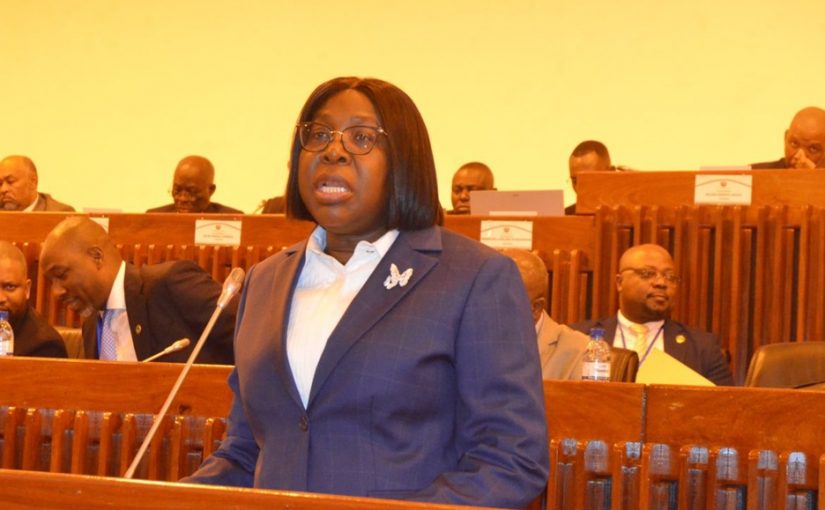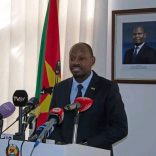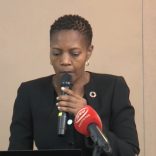Mozambique: Major facelift planned for Ressano border with South Africa
Mozambique expects to reduce state borrowing needs after reforms

Photo: Domingo
Mozambique’s Prime Minister, Benvinda Levi, said in parliament today that the government expects to reduce the state’s borrowing requirements through increased revenues and fiscal reforms.
“We believe that the rise in revenue collection will progressively reduce the need for the State to resort to internal and external borrowing,” the Prime Minister said on the second day of debate on the 2024 General State Account (CGE) at the Assembly of the Republic., the Mozambican parliament.
“We will implement economic policy measures and fiscal reforms to stimulate the growth of our economy through productive diversification, strengthening national value chains, increasing production and productivity, which on one hand will contribute to increasing State revenues and on the other will generate more jobs and income for Mozambicans,” she added.
Addressing MPs, Benvinda Levi reiterated that efforts are underway to adopt solutions to “improve the quality of debt data in terms of recording, servicing, monitoring and management analysis” in order to ensure “greater fiscal transparency.”
“We will continue to develop actions aimed at bringing public debt to sustainable levels, ensuring a balance between financing sources and strengthening fiscal discipline,” she stressed.
The Prime Minister emphasised that “increasing production and productivity at the national level” is equally important in this context, as it helps to leverage and diversify exports, as well as “gradually substitute imports,” thereby making Mozambique’s economy “more competitive in the international market.”
Mozambique’s debt decreased during the third quarter to 1.068 trillion meticais (€14.5 billion), according to a Ministry of Finance report covered this month by Lusa.
Data on budget execution for the third quarter shows that 41.6% of the total debt stock as of 30 September was internal debt, including advances from the Bank of Mozambique and Treasury Bonds and Bills issuances, with the remaining 58.4% being external debt.
This debt level compares with a record high at the end of the second quarter, when Mozambique’s debt stock reached 1.072 trillion meticais (€14.6 billion) on 30 June, representing a 0.1% increase over the previous quarter.
Thus, the government reports a 0.9% decline over three months, mainly due to the amortisation of Treasury Bonds.
Mozambique’s Finance Minister, Carla Loveira, said on 29 October that public debt sustainability remains “one of the greatest challenges” for the country’s economy, with “reforms” underway to ensure sustainable debt management.
“One of the biggest challenges our economy faces is the sustainability of public debt. It is our duty, as managers of the State’s finances, to ensure that every metical borrowed is used efficiently, productively and responsibly,” she said.
The Minister added that a set of reforms aimed at ensuring public debt sustainability is in progress, including the drafting of the Public Debt Management Strategy covering 2025 to 2029, revising the regulation establishing the legal framework for the capital market, and “identifying specialised advisory services on public debt matters.”
Lusa reported on 27 October that the Mozambican government contracted the American firm Alvarez & Marsal to “support the preparation of the public debt restructuring plan” and to “assist in preparing the Public Debt Strategy 2026–2029.”
Alvarez & Marsal, headquartered in New York with a global presence, is known as a specialist in recovery and performance improvement, with interventions including Lehman Brothers.












Leave a Reply
Be the First to Comment!
You must be logged in to post a comment.
You must be logged in to post a comment.